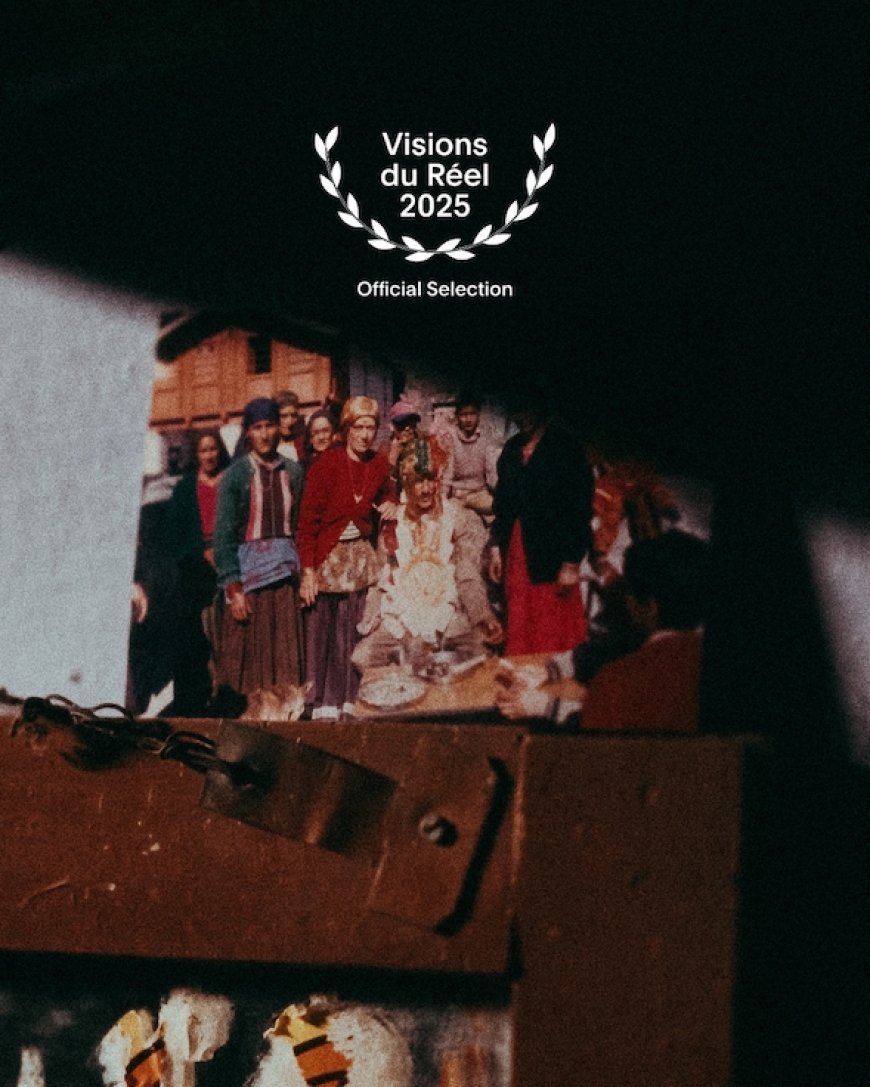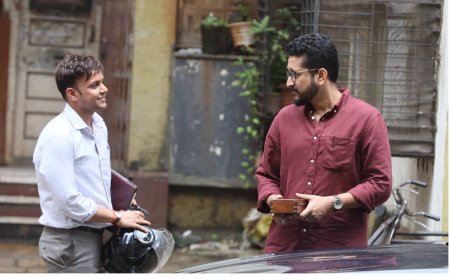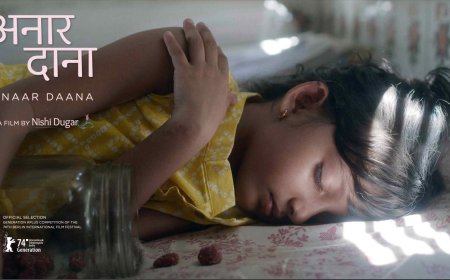Review: Rains Don’t Make Us Happy Anymore (2025)
Dipankar Sarkar writes a review of Yashasvi Jiuyal's short film "Rains Don't Make Us Happy Anymore"

Yashasvi Jiuyal's short film Rains Don't Make Us Happy Anymore is a gentle, poetic engagement with the detritus left behind by uncontrolled growth. Filmed in the rubble of Lohari, a Himalayan hamlet engulfed by a dam, the film makes loss not spectacle but atmosphere—something that hovers around in a haze, in the shapes of the sky and the earth, and in the gaps between uttered words.
Narrated in the voice of a Jaunsari boy who is still young, the tale comes in pieces—letters to one long lost. They are at once memory and myth, forming a world in which the earth remembers even while its inhabitants must forget. The boy's meditations are full of yearning, but they hold, too, an almost mystical order, in which individual loss and cultural forgetting become synonymous.
Instead of a traditional narrative curve, the film takes on a meditative pace. It leaves room for pauses, for sound that fades, and for images that remain loose ends. The pace reminds one of the quiet that follows the storm, or the gradual unspooling of oral tales now forgotten. Dheeraj Kumar's voice-over bears this burden with a gentle firmness—less acting than presence.
Visually, Juyal leans into restraint. We have no interviews or montages of archives to ground us in realism. Instead, the camera glides across landscapes in which emptiness itself seems imbued with memory: cracked terrain, underwater roads, the ghost of something sacred that no longer exists. In one instance, we catch a glimpse of an abandoned building; in another, we're immersed in stories of divine beasts and lost rituals. The effect is a world that is at once tangible and surreal, wherein history has not ceased but has become ethereal.
The short film is not polemical in a heavy-handed way, but it is sharply critical. It does not state injustice, but evokes the emotional consequence of displacement arising organically—out of the terrain, the language, the climate. The title itself is a gesture of grief, an admission that something essential has been altered in the relationship of humans with nature.
Sound is used sparingly—glimpses of factory din, the pour of water, the sigh of wind across leaves—all to remind us what has been lost, and what will not be forgotten. The aural space comes sparingly, like a prayer chant, reinforcing the film's spiritual undercurrent.
At less than thirty minutes, Rains Don't Make Us Happy Anymore is not interested in resolution or conclusion. It leaves us with a sting—and a question: in a world where whole lifestyles can disappear overnight, what pieces will survive, and who will remain to keep them alive?
Rains Don't Make Us Happy Anymore had its World Premiere at the 56th Visions du Réel International Film Festival, 2025.
*****
What's Your Reaction?


































































